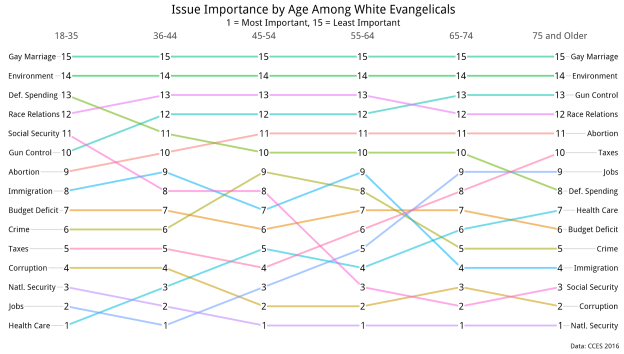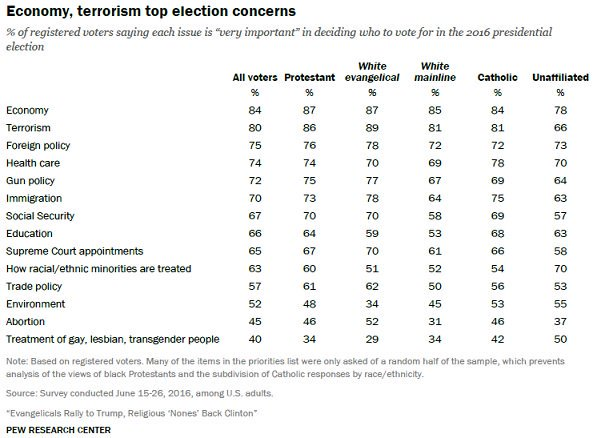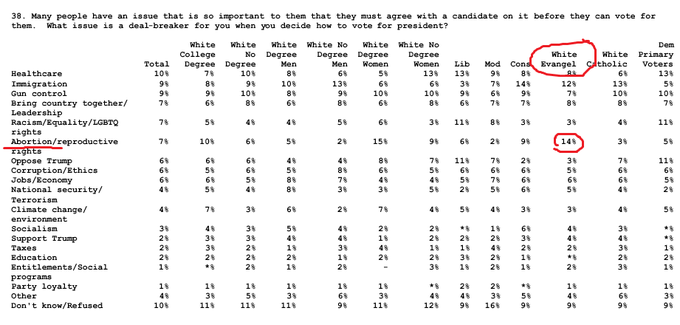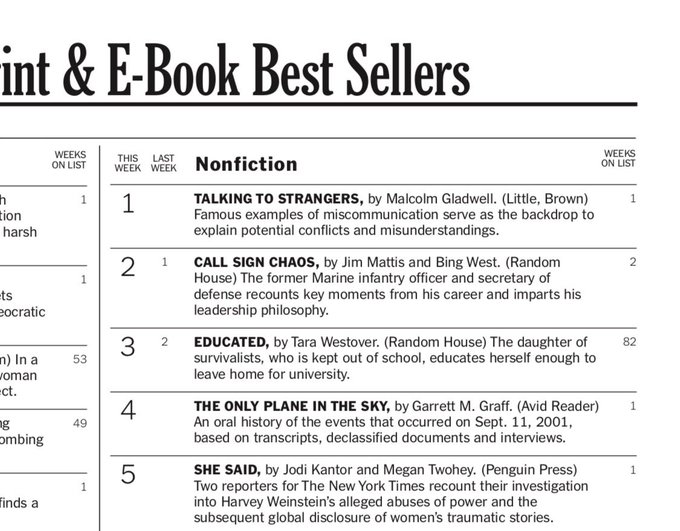A thread by Andy Rowell
Dear Church Board,
I would like our church to consider not doing Operation Christmas Child. Franklin Graham made $636,451 from Samaritan's Purse, and hundreds of thousands from BGEA, and he is one of President Trump's most vocal defenders, and the shoeboxes are not effective. Also 2 of Board of Directors of Samaritan's Purse are his children.
– Jane Cissie Lynch, Ministry Spokesperson and Special Projects Producer, Samaritan’s Purse.
$48,617 (+ BGEA $?)
– Roy Graham, Director of Donor Relations, Billy Graham Evangelistic Association
Also paid by dad. His son Will also works for him as Vice President, BGEA. Last disclosure was $98,698 in 2014.
"the Billy Graham Evangelistic Association
exists to support and extend the evangelistic calling and ministry of Franklin Graham"
4th child Edward (Army) seems not to be paid by dad.

On Operation Christmas Child:
Quotes in thread below from:
"Except in response to emergencies, this form of charity suppresses local markets, creates feelings of dependency, and does not address systemic problems or empower local leadership." (washingtonpost.com/news/acts-of-f…)
"Because each box is filled by individual donors, there inevitably will be inequitable loot among the kids opening them …
Moreover, it leaves those selling gifts and other products in their own country undercut by the freebies showing up."
"imagine how parents feel watching their children open these boxes …
children [sending the boxes] certainly learn a lesson through these giveaway programs, but it’s the wrong one …
it’s a … 'solution' that does nothing to expose the underlying conditions behind the need."
"Americans can do the most good when they give to organizations that do development work in specific places and respond to the need that will bring long-term change."
"The Bible instructs Christians not only to be generous, but also to be smart. For anyone who values effective charity and wants to see their generosity make the biggest impact, sending shoeboxes of little gifts is just not smart."
Quotes above from: "Filling millions of shoe boxes of toys for poor kids seems like a great idea. Here’s why it’s not."
Brian M. Howell
@BrianHowell
Washington Post
December 20, 2017 (washingtonpost.com/news/acts-of-f…)
And on Franklin Graham's salary:

’s enemies would give it a rest. For 2 years all the American people heard was collusion. Not true. Then accusations seemed to come out of the woodwork by various women. Then all we heard was impeachment. Now it’s a whistleblower claim.
A thread by Andy Rowell
True:
Collusion is not a legal term. The Trump campaign welcomed assistance from Russia and Trump has repeatedly acted to assist Russia since.
"At least 24 women have accused President Donald Trump of sexual misconduct since the 1970s."
Trump bullied Ukraine for his gain. This tweet by Franklin Graham demonstrates ignorance, moral callousness, and a perverted partisan loyalty to an immoral person.
A person with this poor judgment should not lead a Christian disaster relief organization or an evangelism association. @realDonaldTrump
If the President asked or pressured Ukraine’s president to investigate his political rival, either directly or through his personal attorney, it would be troubling in the extreme. Critical for the facts to come out.
Franklin Graham made $636,451 from Samaritan's Purse (Operation Christmas Child) in 2018.
BGEA "exists to support and extend the evangelistic calling and ministry of Franklin Graham." In 2015 it became a "an association of churches" so salaries not disclosed. 2014 was $205,999.

In 2014, the last time Samaritan's Purse and the Billy Graham Evangelistic Association both disclosed salaries, they reported that Franklin Graham worked 40 hours a week at both organizations.












